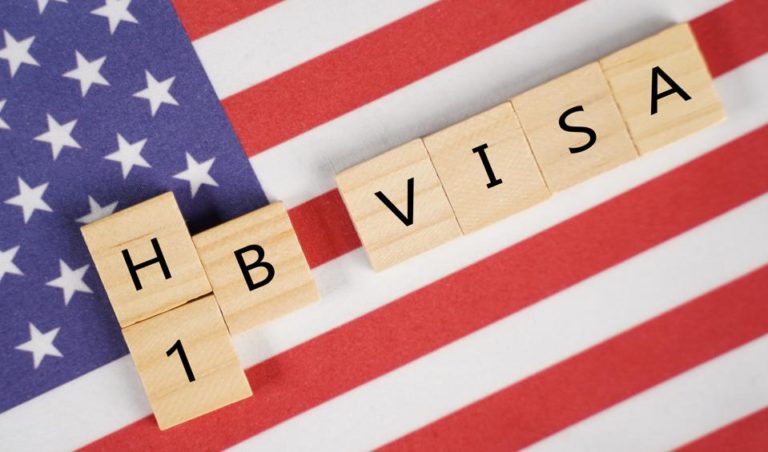
Every year, the USCIS receives thousands and thousands of applications for so-called H1B visas. These visas are also sometimes referred to as “persons in specialty occupations” visas, because they are essentially reserved for those with advanced skills. In this post, we’re going to provide an overview of H1B status, and also an overview of the H1B application process itself. These applications are actually initiated by employers, and so employers should know that an immigration attorney can be of great assistance on this matter.
Overview of H1B Status
As mentioned, H1B visas are acquired by persons who possess advanced skills. This means that these visa holders also possess advanced education. Nearly all H1B visa holders have either a bachelor’s degree or higher (i.e. master’s or doctoral degree). There may be some rare exceptions to this rule, such as in the case of fashion models, for instance. The H1B visa is initiated by the employer of the visa holder. The employer must be in a position where it cannot find an American job candidate with the requisite skills, and must therefore hire a non-U.S. citizen out of necessity. Common examples of jobs filled via H1B visas are information technology specialists, accountants, professors, medical doctors, finance professionals, and so forth.
In order to initiate the H1B application process, the employer seeking to hire must have its own federal tax identification number.
Visa Cap
Typically, the USCIS approves about 65,000 H1B applications every year. The USCIS begins accepting applications in the spring (April 1), and then approvals are granted between October 1 and September 30. The U.S. also has special reservations for certain countries. So, Chile and Singapore nationals have 6,800 spots reserved for them specifically.
Overview of Application Process
The H1B application process is long and complex. There are many steps, and this is why employers should consider consulting with an immigration attorney throughout the process. An attorney can help guide you through the steps and ensure that everything is checked off properly. The first step is to submit an LCA, or Labor Condition Application. This application basically ensures that the employer is qualified to hire foreign workers. Next, the employer needs to file a Form I-129, pay the I-129 filing fee, pay the training fee, pay the fraud prevention fee, pay the “Public Law 114-113” fee, and also file Form G-28 if being represented by an attorney.
Other documents are also required, such as a copy of the worker’s passport, copies of recent IRS tax returns, photographs of the company’s building, a copy of the employment contract, and other documents as well.
After the employer completes its petition to the USCIS, the USCIS will either approve or deny the petition. This means that, if the petition is approved, the employer will have the authority to officially “sponsor” the worker. Then, and only then, can the employee move forward with its own application process. Employees will file a Form DS-160, schedule an interview, pay the fee ($190 application fee), attend the interview, and submit all the required documentation. Applicants must submit a lot of documentation when they apply for the H1B visa. Depending on the particular situation, the applicant may be required to submit bank statements, pay stubs, resume or CV, passport, expired passports, copy of Form I-797, letter from the employer, and so forth. This is just a partial list.
If anything is filled out incorrectly, applicants risk rejection of their application. This is why assistance from an attorney is critical. Employers and employee applicants can significantly benefit from an immigration attorney on this issue.
Contact New Frontier Immigration Law for More Information
To learn more, get in touch with New Frontier Immigration Law today by calling 623-552-5025.